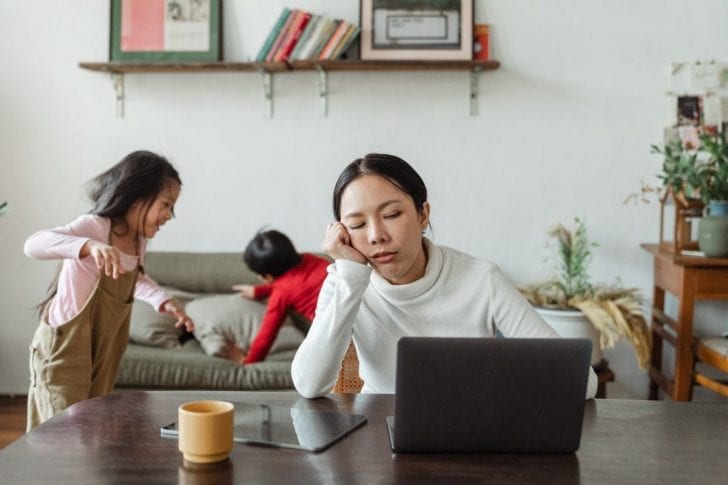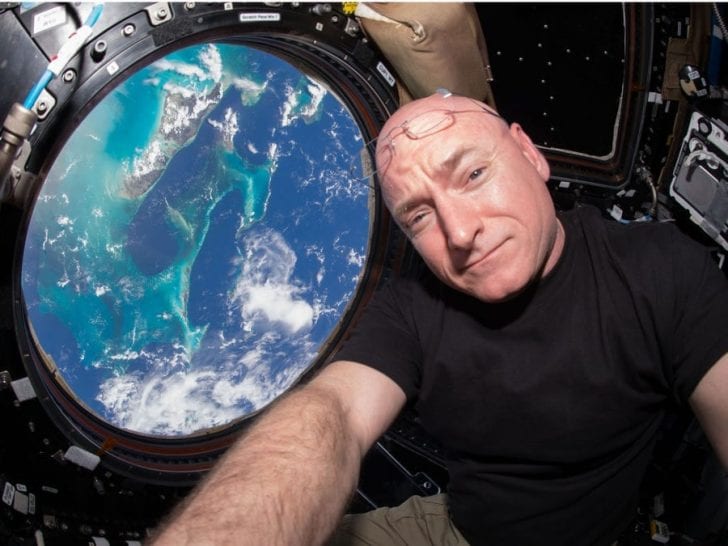The untended spread of coronavirus has made self-isolation a social and ethical obligation, as it is the only measure that can dampen the wildfire-like spread of this deadly disease. However, social isolation is not everyone’s cup of tea.

According to a report released by the AARP Foundation and United Health Foundation, social distancing and lockdown have made 2/3rd of the adult population a victim of high anxiety and social isolation. It is especially relevant for adults who live alone and are not employed. Now, a cut off from the outside world has been the last blow for them.
Additionally, they feel intimidated by modern technology, which has emerged as the sole way to maintain contact with friends and family. Applications like Google Meet, Skype, and Zoom offer an opportunity to organize remote meetups and substitute the physical company. Unfortunately, not all adults know how to navigate these apps and modern touch phones well.
Life in quarantine may seem like a miserable situation, but it is not entirely deplorable. Scott Kelly, the astronaut who holds the record for spending the highest consecutive time in space, has an experience at par with this social isolation. He spent 340 days at a stretch in space, far away from family, and restricted to his spacecraft.

Scott Kelly Reflects on His Greatest Feat.
When his daughter, Samantha, aged 26 years old, rang him up and complained of having a non-existent social life, Scott Kelly had a valuable wake-up call at hand. He reminded her of his unbelievable feat of spending about a whole year distant from social life. In fact, in his recollection, his achievement lies not in tolerating space debris that shot upon his head at a constant speed of 35,000 miles an hour but in being able to hold onto his sanity despite being alone for a whole year.

He delivered a few tips that can help everyone cope with lockdown restriction to crush coronavirus-bred depression and anxiety from the root.
1. Write down your feelings: It is a form of providing self-validation.
2. Organize your timetable: Being in self-isolation does not mean you live a haphazard life. It would be best if you made time for your duties and your hobbies. You should plan your day out in a rigid timetable to give yourself a sense of purpose
3. Celebrate Weekends: Weekends act as a reprieve from the monotonous routine of daily life. Make them different from your weekdays. Add a lot of slots for rest, fun, and play.
4. Make conscious efforts to connect with friends and family: They act as therapy centers, providing you a much needed emotional connection. It is alright to call for help. In fact, the probability is if you ask for help, your friends will know they, too, can avail your help if in desperate need.
Become each other’s safe harbor. Scott Kelly revealed that he got a lot of psychological and therapeutical help when out in space. He insisted that the opportunity of being able to communicate with his friends and family on earth, especially his daughters, acted as a silver lining for him, and he did it religiously.
